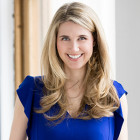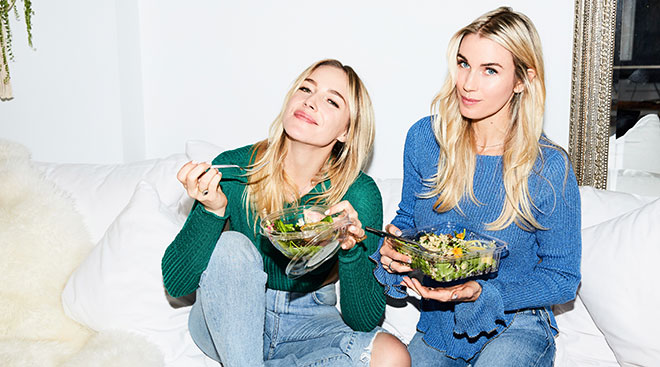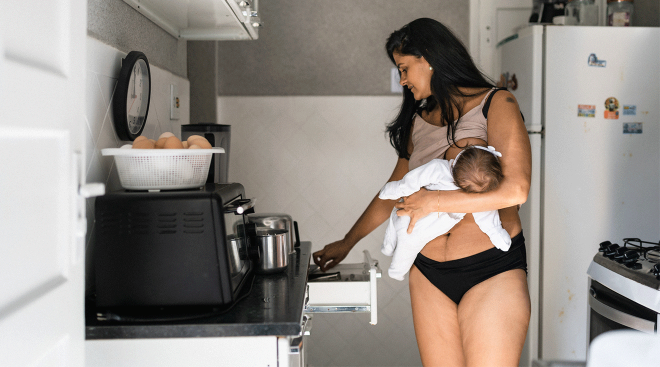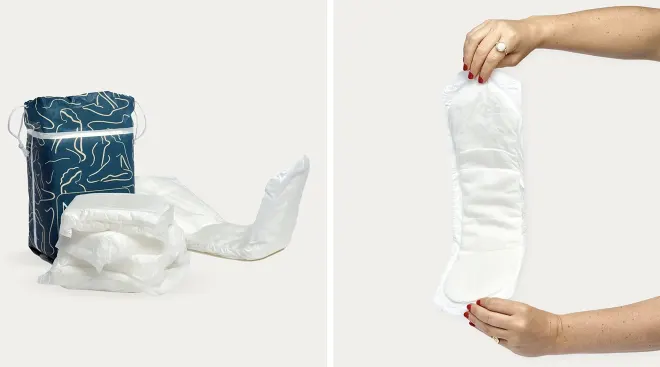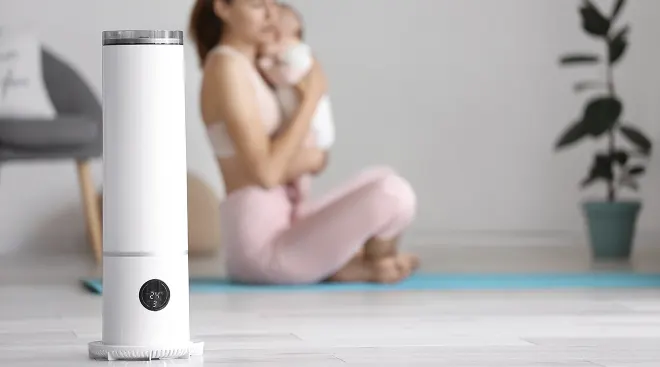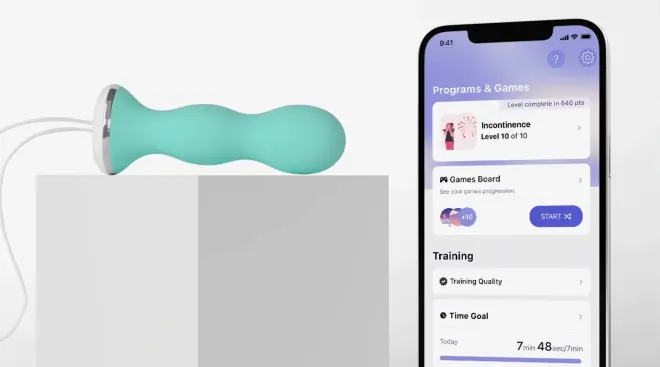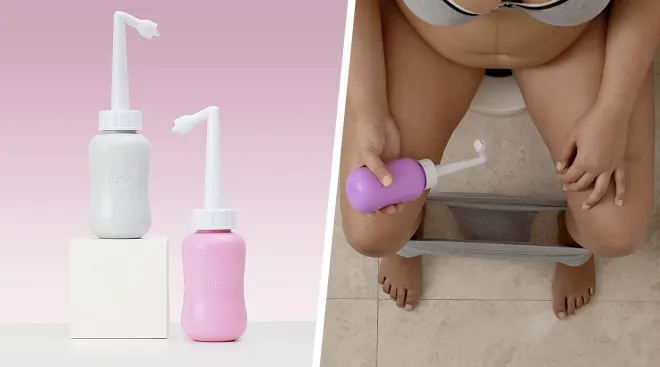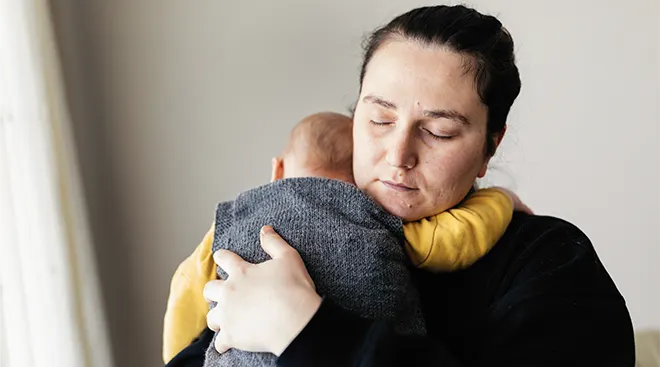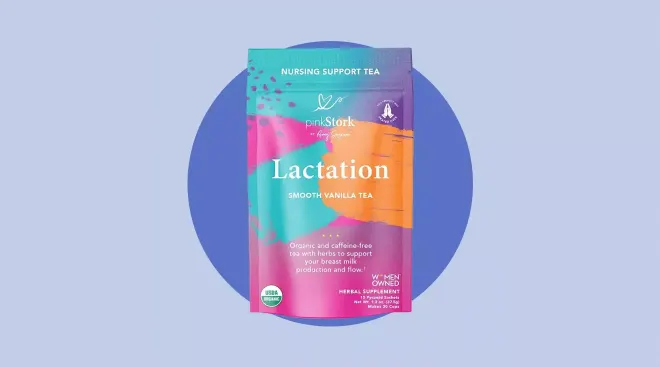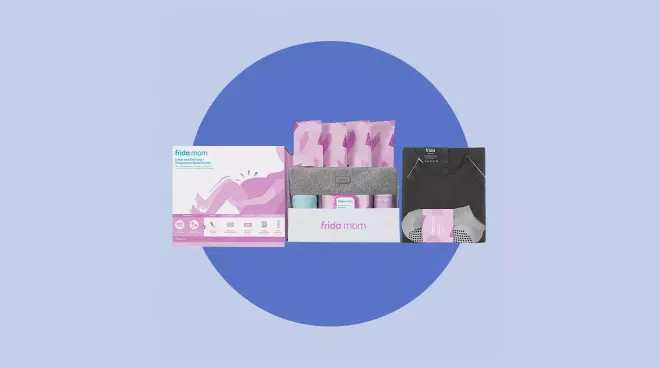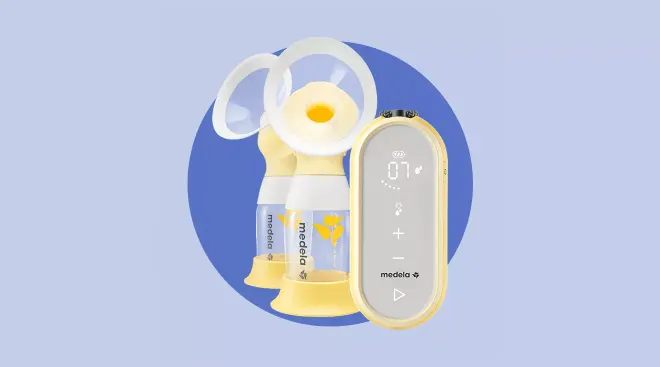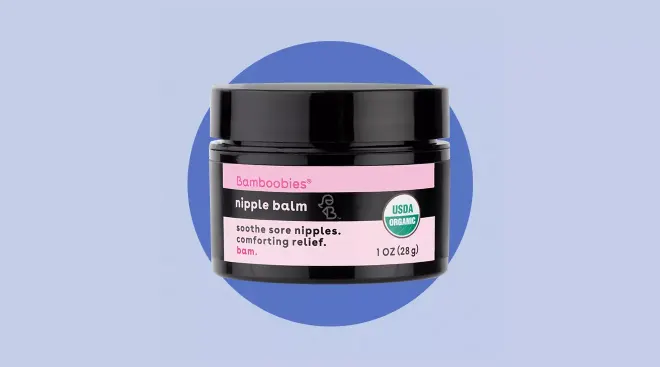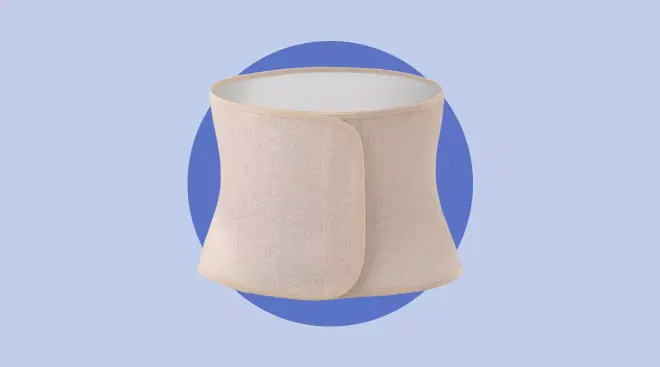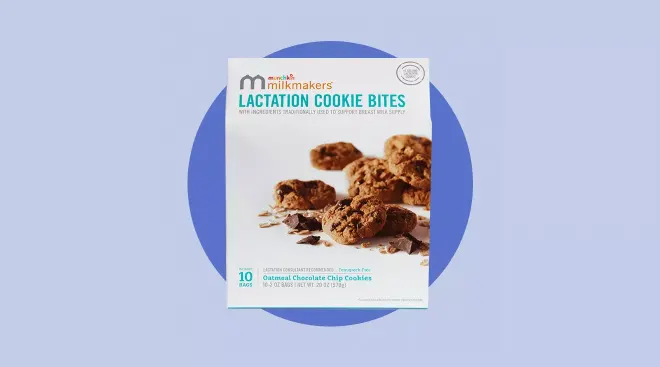The True Secret to Wellness According to the Wellness Gurus of Sakara
You’ve seen the meme: “Who knew that the hardest part of being an adult is figuring out what to cook for dinner every single night for the rest of your life?” Truth. Add in a baby or a toddler, and the dinner dilemma is next-level.
When co-founders and CEOs Whitney Tingle and Danielle Duboise started Sakara, a meal delivery and supplement brand, they weren’t thinking about dinner. “Sakara was really born out of each of us hitting our own rock bottoms,” says Duboise. Both she and Tingle each had their own “aha” moments about health and wellness at roughly the same time. Their individual journeys led these childhood best friends to start a plant-based meal delivery company based on nine unique pillars of nutrition (calorie counting is not one). Today, Sakara delivers nationwide and has a shop stocked with supplements and snacks to fuel the mind, body and soul.
I chatted with the duo and got the full scoop, from rock bottom to babies. Tingle and Duboise shared their stories, their motivation to change lives and the best parenting advice they’ve received along the way.
Lauren Kay: So I want to go back to the beginning and find out how you became friends and what led you to launch Sakara.
Danielle Duboise: We grew up together in a very special space in northern Arizona. It’s incredibly beautiful—lots of big red rocks and canyons. It’s an elevated desert, so there are pine trees and cacti. It’s a big new age community. A lot of people there are at the intersection of mind, body and food medicine. We’re very fortunate to have grown up there, and very fortunate to be best friends for most of our childhoods.
Fast forward, I was in New York City to study medicine for college and Whitney stayed in Arizona. I had been dealing with lots of body image issues, disordered eating patterns, body dysmorphia, etc. I learned how to count calories, carbs and points, but I never learned how to build a body I felt really good in. I was working at a hospital with a cardiologist. We were seeing patients with diabetes and heart disease, and I just had this epiphany. I was studying medicine and seeing patients who needed so much help with their lifestyle decisions and their nutrition, but the doctor was only there to prescribe either pharmacology or surgical intervention. For many of these patients it was absolutely necessary at that point in their trajectory, but I kept asking myself, “Who’s getting these cases before it’s too late, before they need that level of intervention?”
Around the same time, I hit my own rock bottom. I did a crazy 21 day retreat that involved a water fast and eating all raw food. It was very intense and I ended up in the hospital with really severe gut issues. It was an aha moment—a “holy sh*t, what are you doing to yourself” moment—where all my worlds collided. I realized I have this deep love and understanding of the sciences and nutrition and health, yet I didn’t know how to heal my own body. So I decided to change my path from becoming a doctor to studying nutrition. Luckily, when I hit rock bottom I wasn’t there alone. Whitney had also moved to New York City.
Whitney Tingle: Right, so at the same moment that Danielle was having this aha moment, I was having one of my own. I spent over a decade of my life battling with chronic cystic acne. I tried everything out there, from acupuncture to Accutane. Nothing worked—the acne just kept coming back. I saw all the fancy dermatologists in New York City and other types of doctors, and one by one, they just wanted to give me another prescription. Nobody was asking me, “What are you eating? Are you going to the bathroom regularly? Are you stressed out?” They didn’t think that food nutrition or wellness could be part of my skin problem. At one point I asked, “Could it potentially be my diet?” One dermatologist told me, “No, those are old wives’ tales, food has nothing to do with it.” Fast forward to where we are today, and we know that food absolutely has so much to do with our skin health, acne and other chronic conditions. I was sitting in a dermatologist’s office on the Upper East Side and as he tried to hand me another prescription, I had this voice inside me shouting “Don’t do it! It’s not the answer!” I knew I needed to go inside and figure out the root cause that was creating the acne on my face, to go back to mind-body-food medicine and to give my body the tools to heal itself.
That’s when Danielle and I really came together. We were both at rock bottom and saw a real need for a solution. And after all of this research with what Danielle was learning at school, paired with the traditions and modalities we were raised with in Sedona, we put together a proprietary philosophy based around nine pillars of nutrition. It completely transformed our bodies and our lives. And once that happened, it put us on a mission to help others do the same for themselves, to put them in the driver’s seat of their own health and help them transform their lives through the power of food.
LK: How did you start and grow Sakara?
WT: We started with our delivered nutrition program. We were talking to people and they wanted to know what we were doing to achieve this transformation in our own bodies. We realized telling them wasn’t enough.We needed to give them the meals—to just have them show up at their door ready to eat. So that’s how it started. As we learned more about their lives and their health needs, we started creating more supplements, different types of snacks and powders to support other areas of their life, whether that’s improving skin glow, helping boost their metabolism or supporting gut health and digestion. We use plants to give people the tools they need to solve their different problems. We added in the cookbooks to give people a way to make these meals at home, on their own. And then we started our podcast to give people access to the type of information that we’re learning about that informs the decisions that we make and the types of products that we create.
LK: As a busy parent, I get how easy it is to put yourself last. The idea that something nutritious could show up on my doorstep is amazing and likely the jumpstart a lot of parents need to prioritize self-care.
WT: Yes, sometimes you just need that jumpstart to get you going. Even if it’s just a three- or five-day reset to get you on the right track and to help you feel like you have a little bit of help and support. If you have kids and are running a household and working—all of that, it’s so much. To have someone help you with one small area, preparing food, can take such a weight off of your shoulders and help you feel so much better. It can also encourage and inspire you to make healthier choices in the future.
LK: You created this company, ground up. What are your values or the heart of your mission?
DD: We want to deliver on our products and promise to transform your life and really give you the tools to be in the driver’s seat of your own health. We’re going to help you feel really good and understand how to make your body feel really good. I wanted to make sure nobody ever felt like they were on a diet. And joy is a really big part of that, like, if it feels like a diet, it’s not a lifestyle. We believe that joy is a nutrient. I never had joy on my yo-yo dieting journey. Somewhere along the way, we were taught that you had to choose between health and happiness—we’re here to say you don’t! They’re so intertwined. And if you’re ever not feeling happy on your health journey, then something needs to shift.
WT: When we started Sakara, friends and family and people we’d meet thought we were crazy, because nothing like this existed out there in the world. That’s why we had to create it—we were looking for this solution. And they would tell us people don’t want healthy food delivered, they want pizza delivered. And, you know, now that we’ve been able to serve hundreds and thousands of people all across the country, we can say, people do want healthy food delivered! And while our program is plant-based, that’s not the essence of what we do. It’s the nutrition philosophy, the time and effort we put into each and every recipe and meal. We’re really looking at true health and how to deliver the results that our clients are looking for. We have a promise to uphold, to make sure we’re using the highest quality ingredients, that everything is organic and that all of your nutritional needs are met.
DD: And I just want to clarify, we’re not saying you can never enjoy animal-based products. That would be a diet. When we started Sakara, we really defined this idea of plant-based eating. It’s not being vegan—we don’t need another term for that. It simply means that most of your plate is filled with plants. Even if you’re getting Sakara meals, you can add a piece of salmon to your dinner if you’re craving it. One of our nutrition pillars is body intelligence and listening to your body. You know better than anyone what feels right.
LK: You get to work alongside your best friend every day in a female-supported environment. What’s that like?
DD: Working with my best friend is amazing! We get this question a lot: “Should I start a business with my best friend?” And I say, you know, you have to have a really deep chat with this person.
WT: It’s a marriage!
DD: Yes! It’s a marriage and Sakara is our first baby. You have to have a shared sense of so many things, but especially success. First and foremost, it’s each other, our individual happiness and our collective friendship. And then it’s the business second. If you have a business partner who’s a friend and they put the business first, that can get tricky. We’re looking out for each other, and the business is born out of that for us—our relationships, our happiness and back to that value of joy.
WT: We have a lot of trust for the leaders on our team. We care about them as humans, first and foremost. We understand that work and life overlap a lot. You know, when Danielle and I go home, at the end of the day, we are still co-CEOs. And when we come to work each day, we’re still moms.
LK: I feel that so much. My sincere hope is that we’ve all learned to be a little kinder and more empathetic to others and the hurdles we’re facing. Let that be the silver lining of this pandemic, please!
WT: I completely agree with you. I think this time period has given more people a look into what life looks like when you’re juggling home life and work life together.
LK: So you were both pregnant recently—did that spark any innovation or new product offerings at Sakara?
WT: Danielle and I were both pregnant at the same time—I had a baby in October, my first, and she had a baby in January, her second. The prenatal vitamin became even more important to us, as we’re taking it every day and feeling it in our bodies ourselves. And it’s spurred a few more ideas that are in the pipeline. We can’t quite talk about them yet, but stay tuned.
LK: I am such a firm believer that the best ideas for moms come from moms, so yes to that! What about advice—all moms-to-be receive solicited and unsolicited advice. What was the best you all received?
DD: Ah, the world is not shy about giving mothers advice. The thing that was most helpful for me was to find mothers I felt like I wanted to emulate or parent like, and to take advice from them. There are so many different ways to have children and raise children, and you can easily get overwhelmed by opinions. I found the women that I really trusted and loved, and I kind of let them into my inner brain. Parenthood and motherhood is one of the times we have to be really careful about who we let into our space. We all need to learn how to cultivate our intuition and listen a little bit better, especially during pregnancy, birth and postpartum. When you let too many voices in, you lose your own voice. I tried to be really picky about the voices that I let in, and that served me well. I got some really great advice. One mother told me she tried to do it all “perfectly” for her three kids and each one ended up so different, so maybe there was no such thing as perfect? And that has helped me because I can be an extremist in some ways—which is why I was such a good dieter. Give me the rules and I will follow them. I had to be careful not to do that in motherhood and to offer myself space and grace to make mistakes and to not think that if I wasn’t perfect, my kids were going to end up traumatized. I think the worst advice comes from people who probably have good intentions but are really just projecting their stuff onto you.
WT: Yes. For me, a couple things come to mind. Everybody always says, “The goal is to have a healthy baby and a healthy mama. And it’s just so true. I had a miscarriage beofre this baby, and I think that really puts things into perspective. Your pregnancy, or birth, doesn’t have to look perfect. You just want a healthy baby and healthy mama on the other side. And the other thing: Get a lactation consultant. They are covered by insurance. Make the appointment before you give birth so it’s already on the calendar. Breastfeeding can be so challenging, and having the support of an expert can make all the difference between breastfeeding or not breastfeeding.
LK: Such great advice! Plus one to both of those recommendations. You’ve both got small children and are running a business. How do you make time for yourselves? In addition to healthy eating, what’s part of your wellness regimen?
WT: We both like to do Pilates.
DD: I have two little ones right now, so I don’t really know what self care looks like. I eat Sakara every day, which keeps me sane. I try to find ways while I’m parenting to have some kind of self-care. This idea of balance… I’m not really sure there is such a thing. Life just happens and you have to find your moments to fill your cup. Every night I put my kids down, and I still breastfeed them to sleep. So I started doing these guided meditations while I’m doing this. It’s really nice because I feel like it creates a really beautiful kind of energy in the room for them, like a calming energy, and then it’s time for me to just sit in the dark and meditate and have some time to myself while getting to be part of bedtime.
LK: That is genius.
WT: For me, if it’s not in my calendar it is not going to get done. So, you know, if I say, “I’ll workout” or “I’ll do a video later today,” it likely won’t happen. Anytime I’m trying to carve out time for myself, I put it into my calendar so that it feels like a commitment. It’s part of my scheduled activities for the day and so I must do it.
%% IMAGE 6 %%
LK: Truths. We live and die by the family calendar at my house. Okay so tell me, you both work in the wellness space—what is the number one myth you want to debunk?
DD: That calories count. All calories are not created equal and they are an awful metric to use when you’re thinking about your health and well being. We don’t share calories on our meals, and it’s one of the number one questions we get. We’ve been taught that is how we should think about food, but numerous studies have proven that calories in is not calories out. It’s more about the quality of food you’re getting. Our bodies are so intelligent and they know how to solve for optimal weight, etc. If we can just solve for nourishment, not nutrition—which is still seen as scientific—but true nourishment, that’s what matters.
WT: It’s lots of decisions that you make over the course of the day that add up to your overall wellness. It’s the food you choose to put in your body, the water you drink, the thoughts that you think, the content you’re reading, the people you’re surrounding yourself with. Are you nourishing yourself in totality? All of those small decisions add up to your well being.
LK: What a beautiful reminder for us all.
Navigate forward to interact with the calendar and select a date. Press the question mark key to get the keyboard shortcuts for changing dates.
































